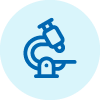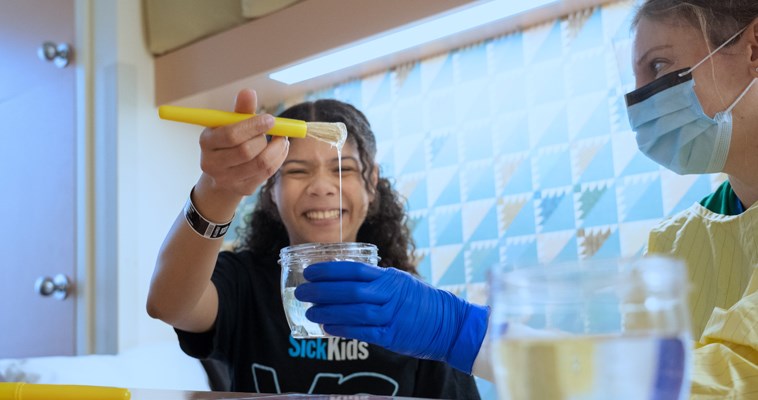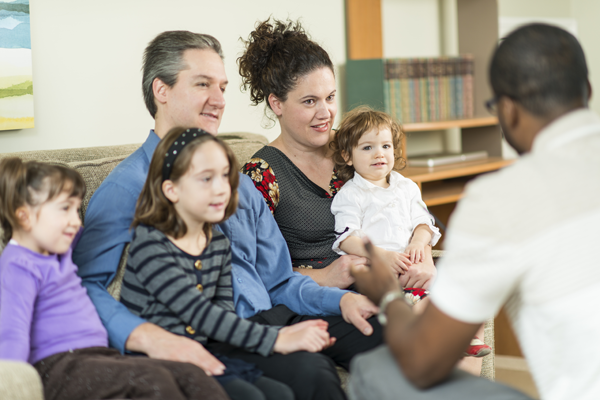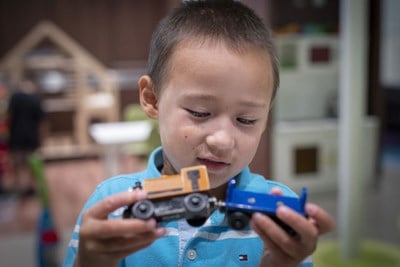Preparing for Surgery
Before surgery there are steps to take to make sure the health care team have all the information they need to provide safe care. There are also important things for families to do at home to prepare.

Giving consent
Giving consent (permission to your health-care team, or agreeing to have surgery) is part of the surgery preparation process. The surgical team will talk about the procedure with you and ask you to sign consent so they can complete the procedure.
For children: A custodial parent or legal guardian must be present to sign or confirm surgical consent.
Please bring all custodial information on the day of surgery. Consent includes the following:
- General consent for admission to be admitted to hospital
- Consent for surgical treatment
- Consent to share your information with other health-care teams as require
Learn more about consent, capacity and medical decision-making for children

Lab and diagnostic tests
Laboratory testing (e.g. blood tests or scans) may be required before your child's surgery to make sure your health-care team has the information they need to safely care for your child. Your surgical team will let you know of any tests your child needs. If these tests are to be completed by your family doctor, email the results to the surgical admin or the nurse and bring them with you on the day of your child's surgery.

Pre-anesthesia Clinic
Anesthesia is a mix of medicines that helps your child fall into a deep sleep. This means your child will not feel pain or remember the procedure. A pre-anesthesia clinic appointment may be required depending on your child’s health history and the type of surgery. During this appointment you will be asked a series of questions about your child’s health history and current health so a plan can be made for the day of surgery. You will be asked to complete a PAC questionnaire via MyChart so the team can determine the most appropriate appointment.

Visit AboutKidsHealth
AboutKidsHealth.ca is SickKids’ health education website for children, youth and their caregivers. Refer to page 14 of the Coming to Surgery workbook (PDF) to help you think about questions you have or things you would like your care team to know and use it as a guide on the day of surgery.
Services to support your surgical journey
Below are a list of services available within SickKids that may help you feel more calm as you prepare for your surgery day.
Referral-based services
These services will require a referral. Ask your health-care team if you would like a referral to any of these teams.

Depending on the plan made by your care team you may meet a child life specialist in advance or on the day of surgery who can help you prepare for surgery, answer questions and make sure you feel comfortable. At any point in your surgical journey you can ask your team to connect you with a child life specialist!

Helps support Indigenous patients and families in interacting with health-care services at SickKids through traditional ways of knowing and healing including smudging.

Your health-care team may refer you to the Transitional Pain Service for education and support if you are having a procedure that is expected to cause significant pain.

Social Workers provide emotional and psychological support to patients and families.
Self-referred services
The following services do not require a referral. Visit the links to learn more.

Helps support patients and families by providing counsel, prayer, and compassion. They can offer kindness and space for reflection to help you find peace in your circumstances.

Mindfulness at bedside is available in-person or virtually on demand to support mind-body connection.

The resource navigators are available to assist families in finding and utilizing resources available to them.
Your surgery journey at SickKids
There are four pages to review before coming for surgery at SickKids, broken down by the different stages of the journey.
1. Preparing for Surgery
(You're on this page!)







